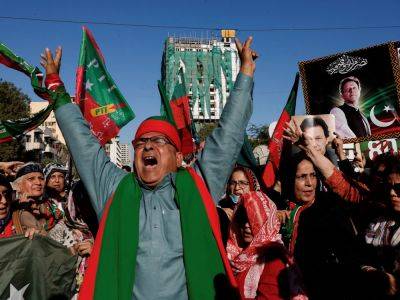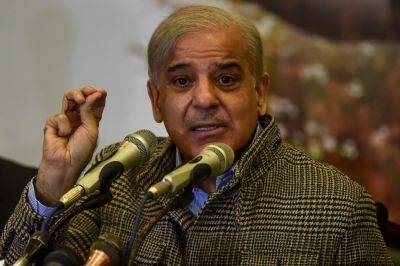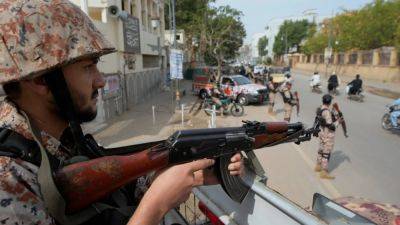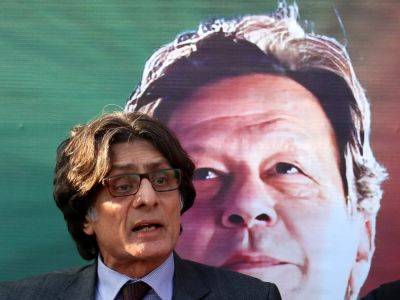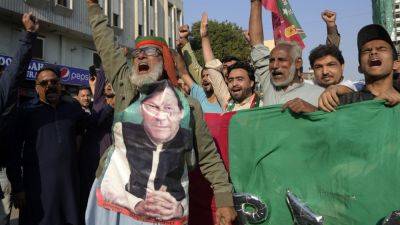As early results come in, could Pakistan election spring a surprise?
As I reported from across Lahore on election day, one thing became clear: It’s a closer contest than many had predicted.
Lahore, Pakistan: When I stepped out on a cool Thursday morning to cover Pakistan’s 12th general election, there was an air of inevitability about the whole exercise.
Most respectable analysts had already expressed predictions that the ground was set for the return of three-time former Prime Minister Nawaz Sharif to power.
Even if it was plain as daylight that the path had been paved by Pakistan’s military establishment that had once helped Sharif’s political rival Imran Khan rise to power at Sharif’s expense. Even if that same establishment had not once, but twice, been Sharif’s tormentor — first when he was removed as PM in a 1999 coup by Pervez Musharraf, and then when he was forced out of office in 2017 and subsequently sentenced in corruption cases.
The tables appeared to have turned, with relations between Khan and the military souring, and the cases against Sharif being dropped.
More than 24 hours after I started visiting polling stations and talking to voters, one thing has become clear to me: The outcome of this election is anything but clear. Whatever the eventual results, this election has been closer than analysts had predicted on poll eve.
The early results bear that out. Khan’s Pakistan Tehreek-e-Insaf (PTI) party has been denied the use of its election symbol, the cricket bat. The charismatic Khan, former cricket captain and philanthropist, was sentenced on multiple counts days before the election. He has been in jail since last August.
Still, as of 11:30am local time (06:30 GMT) on Friday, the PTI was running neck and neck with Sharif’s Pakistan Muslim League-Nawaz (PMLN), even


